They trust us for their CSR strategy
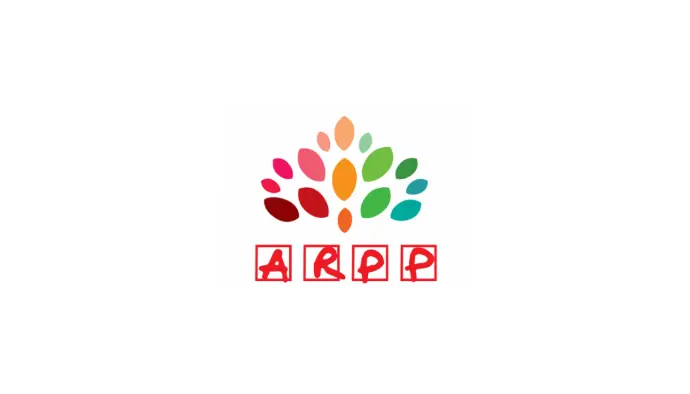


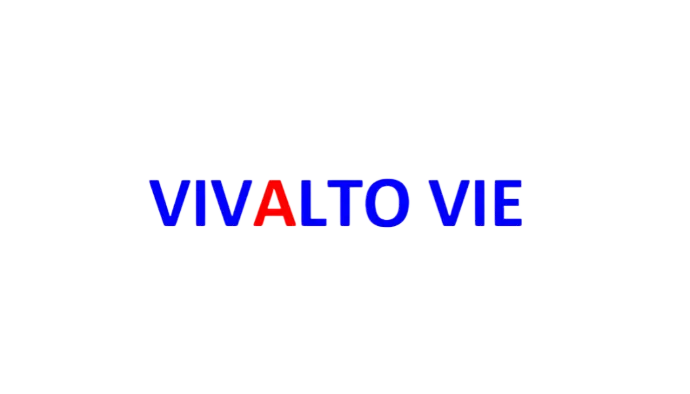
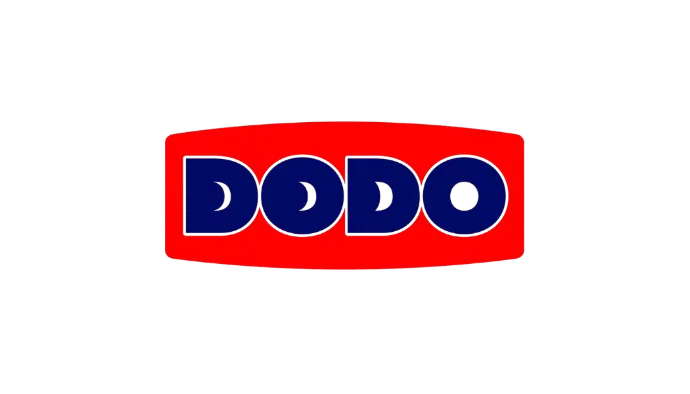
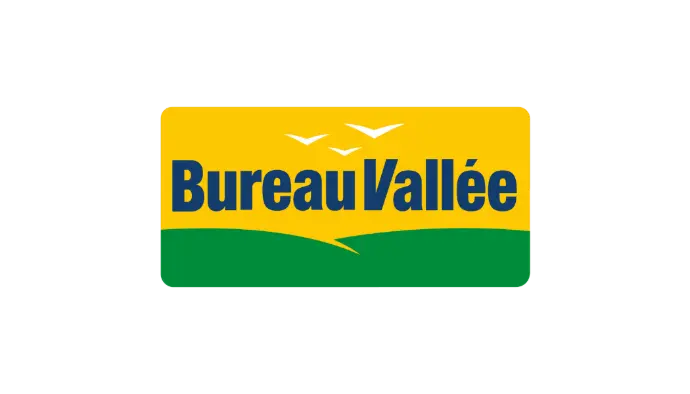
Identify and prioritize your key impacts, risks, and opportunities with the expertise of our project team. Our personalized support will enable you to sustain your company's activities in a sustainable manner by prioritizing your CSR commitments and being closely aligned with the expectations of your market, partners, and employees.
A tailored support by our experts
Since 2024, Positive Company® has been supporting companies in developing their double materiality matrix, a key exercise for structuring a relevant CSR strategy that aligns with regulatory requirements.
Thanks to our expertise in stakeholder dialogue, we help you identify and prioritize your impacts, risks, and strategic opportunities. By integrating the expectations of your market, partners, and employees, you will be able to prioritize your CSR commitments and anticipate the evolution of your business over the next 3, 5, or 10 years.
To learn more about the double materiality matrix, we recommend reading our dedicated article on our blog or watching our webinar replay.
The benefits of our support for your business
Our tailored support adapts to your needs to effectively guide you in developing your double materiality matrix, providing personalized assistance at every step of the process.
A multisectoral expertise
With 61 supported sectors, we tailor our approach to your specific challenges for customized support.
A simplified project management
Our processes enable you to have a smooth and efficient handling of your double materiality matrix.
A facilitated stakeholder dialogue
Being the engine of our activity, our approach to dialogue with stakeholders engages your ecosystem for a transparent and impactful CSR analysis.

Team Formation
Thanks to our training, you acquire the skills and tools necessary to independently adjust and update your double materiality matrix, thereby ensuring a sustainable and evolving approach.
Our methodology
(between 3 to 6 months)
1
Identify the company's value chain and its stakeholder mapping.
2
Develop a mapping of impacts, risks, and opportunities (IRO).
3
Prioritize the IRO through quantitative surveys and qualitative interviews.
4
Consolidate, analyze the results, and formalize in the form of a matrix.
They chose Positive Company®
Discover how our personalized support has enabled our clients to carry out their projects with complete confidence.
Positive Company is much more than a sustainability consulting firm; it is a true trusted partner for the CSR strategy of Reworld Media Group. Their impeccable technical expertise on key regulations (notably CSRD and NFRD) as well as their thorough mastery of essential methodologies, such as double materiality analysis, are valuable assets. Always available, reliable, and committed, they never fail to deliver, combining competence and humanity to support us on a daily basis.

The support from Positive Company® has been a true lever to transform a regulatory requirement into a strategic opportunity. Far beyond technical and methodological expertise, it is their deeply human approach that made the difference. Their ability to listen, understand our specificities, and engage all stakeholders has been crucial. [...] This project would not have achieved such success without the kindness, adaptability, and commitment of Positive Company® [...].

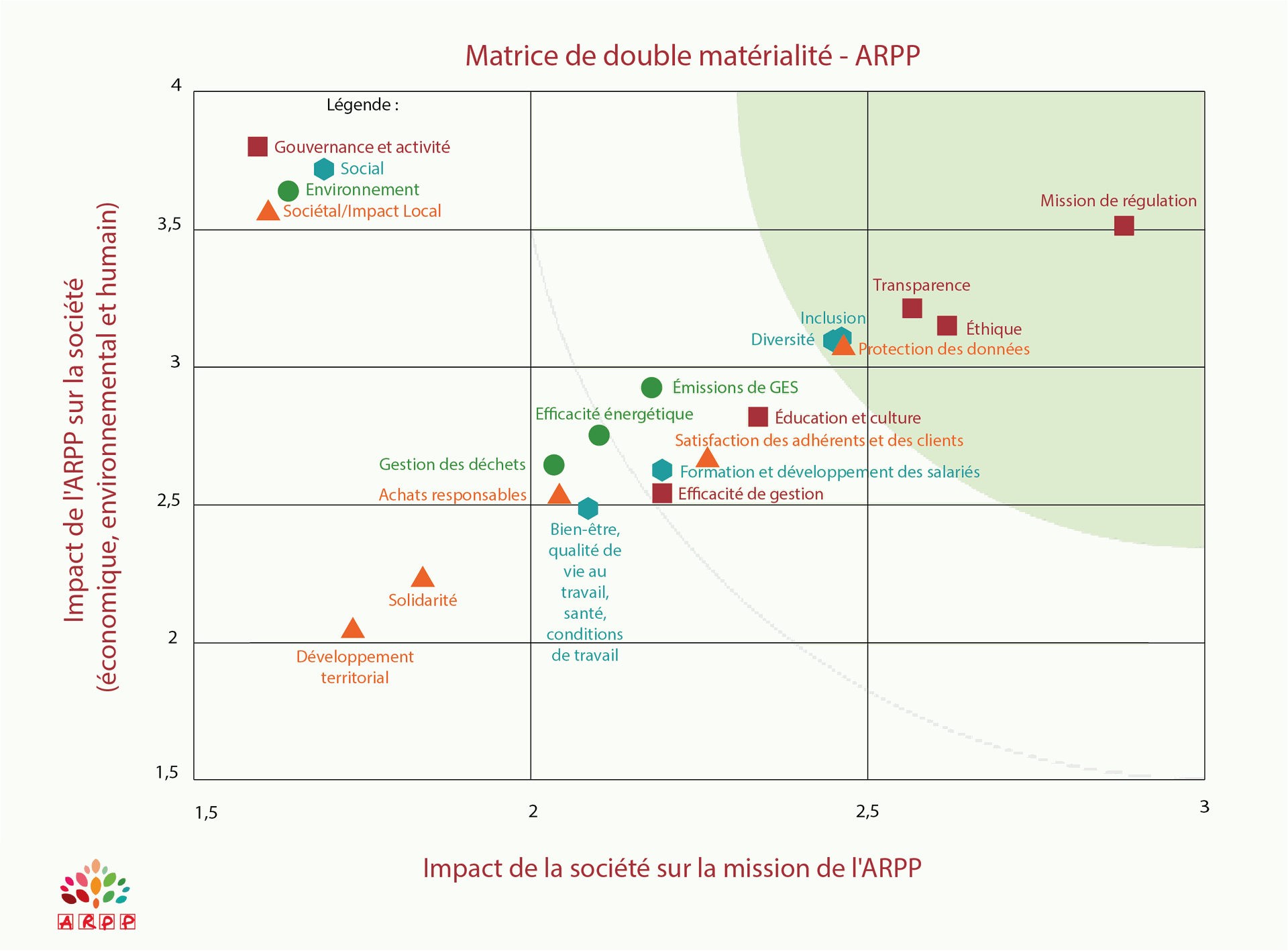
Discover our support with the ARPP
Positive Company® supported the ARPP in the development of its double materiality matrix, a first for an association bringing together companies and professionals.
Discover our offers
Independently
€10,000 to €20,000 excluding tax
An autonomous approach, designed for companies that are already aware of the subject and have the resources to move forward with full control.
- Training in methodology
- Provision of tools to build one's value chain
- Provision of tools to develop one's stakeholder mapping
- Sector analysis
- Provision of tools for rating the IROs
- Formalization of the matrix
- Review of deliverables
Custom-made
€20,000 to €35,000 excluding tax
A tailor-made support from A to Z for a turnkey double materiality matrix, ideal for time-strapped companies.
- Training in methodology
- Construction of the value chain
- Stakeholder Mapping
- Conducting a sectoral analysis
- Identification and qualification of IROs
- Support for Listing
- Formalization of the matrix
- Regular follow-up points
Inter-company collective
On quote
A collective dynamic to move forward among companies, pool costs, and share best practices.
- Training in collective methodology
- Provision of tools to build one's value chain
- Provision of tools to create the stakeholder mapping
- Common sector analysis
- Provision of tools for rating the IROs
- Formalization of the matrix
- Review of deliverables
Ready to create your double materiality matrix?
Contact our experts today for assistance
Questions fréquentes
Frequently Asked Questions
If you still have doubts about our support, feel free to contact us!
The entire process of a double materiality analysis can take between 4 to 6 months at most. The project management is handled by Positive Company®, and the applied methodology allows for effective time management. Depending on the size of the company and the distribution of tasks within your project team, you will need between 5 and 10 person-days.
The CSRD directive does not require consulting stakeholders to carry out its double materiality exercise. However, it is important to involve both internal and external expertise in the project to identify and prioritize the relevant impacts, risks, and opportunities for the sector as accurately as possible, covering the entire value chain. This can be done through semi-structured interviews and/or online surveys. The consulted stakeholders may include: customers, suppliers, employees, associations, local authorities, professional unions, shareholders, or investors.
To identify and prioritize sustainability issues, it is essential to mobilize key expertise within the company. Human resources will provide insights on social aspects, while the purchasing teams will address supplier relationships and the consumption of products and services. The quality department and customer relations will contribute to the assessment of the impact on consumers, and senior management will offer a comprehensive view of governance issues. Furthermore, the finance department will play a central role in evaluating financial materiality by identifying risks and opportunities related to sustainability topics. The development of financial scenarios will then justify the ratings.